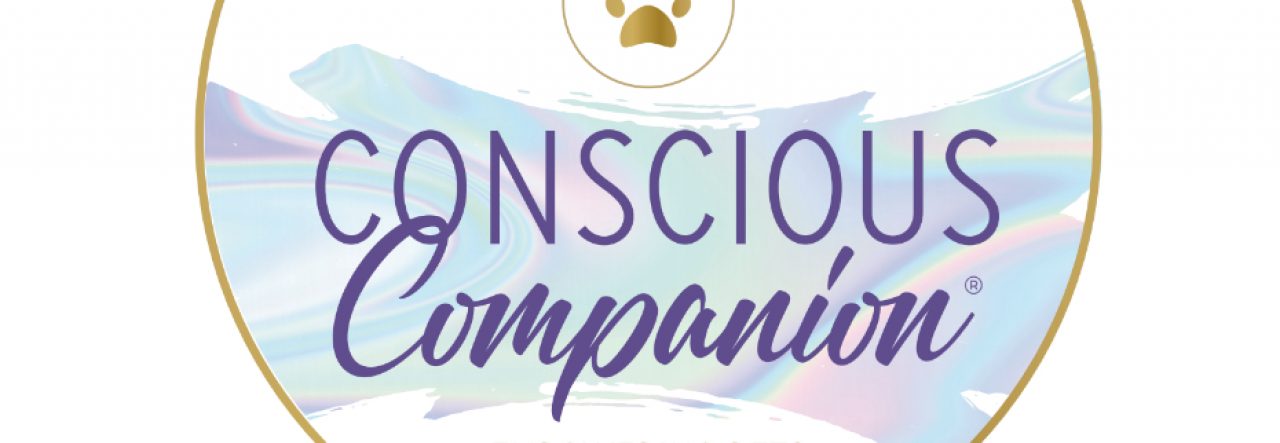“Why is patience so important?”
“Because it makes us pay attention.”
― Paulo Coelho

It’s that time of year again! … Spring is here. The hormones have kicked in. Get Ready.
Many of you know the scenario: One day your affectionate parrot is a content, happy member of your family, and the next minute he or she is acting like a psychotic monster attacking everyone and everything! Hormones are on the rise, feathers are flying, and beaks are gnashing!
These Jekyll and Hyde personality changes are often due to “mating” season (AKA Spring to us humans). Bird hormones tend to kick into high gear as their bodies prepare for ‘breeding season’. Don’t be mad at your feathered friend. They can’t help it, and their behavior only serves a greater purpose for them in the wild: Hormones dictate breeding success in birds.
Some animals produce more offspring than others. Hormones like prolactin and corticosterone can exercise a crucial influence on the behaviour of birds in the breeding season and therefore on their reproductive success. ~ Princeton University researchers
In the world of birds, the arrival of Spring means one very important thing: it’s time to get their bird breeding on! Mating is how their species survives! So strap on your patience pants, and maybe a harness for yourself, because this is most likely going to be a bumpy ride!
For many parrot guardians this is a very trying time of year. Here’s are two things that you can do to get through this without losing your mind – or a finger: be patient and compassionate. This is a difficult time for your feathered friend as well. Their hormones are changing to prepare for breeding. This affects their bodies, and their moods. Remember how awful your hormonal years were?? These changes can make them more irritable. You can expect more screaming, biting, more destruction, and more unpredictable mood swings. Again, you must be patient; this won’t last forever. It will get better if you know how to help them.
Read on to discover some of the common signs of hormonal behavior in birds, and how to help your feathered friend cope with these hormone surges, so you can have a safer, healthier home environment.
It’s very important to recognize the signs and symptoms of a hormonal parrot, so we don’t merely label them as “crazy” or “mean”. Remember that every behavior serves a purpose to that animal. It’s up to us as their guardians to be the detective and help them cope in our human world.
What To Look For:
• Eye pinning (pupils dilating and constricting)
• Wing flapping
• Tail fanning
• Trembling, with wings dropped low in a ‘begging’ posture (he/she is asking you to feed him as a mate)
• Panting when touched outside of the head and neck area
• Regurgitating for you or for his/her toys
• Increased appetite
• Lifting the vent while cuddling (if female)
• Mounting your hand by gripping your thumb (if male)
• Head-bobbing, hopping/bouncing, or making ‘heart wings’ for you
• Plucking or barbering feathers
• Territoriality over the cage, room, you, or a family member
• Excess aggression; including biting, screaming, and beak-bashing
Hormones (triggered by weather changes, increased daylight hours and a variety of other factors) start coursing through the blood stream bringing about chemical changes in the body and some pretty odd behaviors.
Other companion Bird Hormone Surge signs to be aware of:
- Increased shredding of paper or toys
- Increased chewing
- Nest-building or nesting
- Hiding in dark areas or holes and/or burrowing
- Aggression
- Possessiveness
- Increased vocalization
- Being territorial
- Masturbating
- Egg Laying
Note: Depending on the species, age, and individual animal, nesting behavior can last from a couple of weeks to a month or more.
If you are seeing any of these behaviors, read on to learn a few tips to help a hormonally charged bird:
- Gently avoid encouraging amorous advances from your feathered friend.
- Be more aware of your bird’s body language; aggression can be avoided if you are paying attention to their signals.
Please note: “Serious physical and psychological problems can develop if pet birds remain in reproductive hormone behavior for prolonged periods. Such birds are considered to be in chronic reproductive status (CRS), and owners should seek the assistance of their avian veterinarian and/or a parrot behavior consultant to help resolve this situation.”
Sited Sources:


